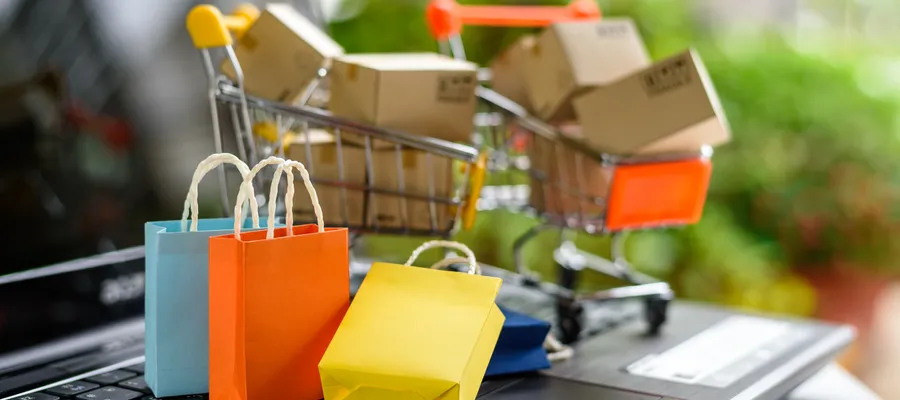The retail industry was arguably hit the hardest during the Covid-19 pandemic, as social distancing restrictions came into place, consumers began to shop online. On February 17 2021, Monroe Consulting Group Philippines attended a 2-hour webinar arranged by the Philippine Retail Association called “Post-Pandemic Retail Reality: Staging a Comeback that Outlasts Your Competition”.
The speakers that were present during the webinar were Deepak Krishna, Solution Manager of SAP Global Industry Business Unit, Louella Scott, General Manager of Vogue Concepts, and Toby Claudio, President of Quorum International. They discussed how retail companies can balance disruption and continuity in the present time.
Nowadays, consumers have an abundance of information at their fingertips, and this has posed a challenge for retailers. Consumers have become more demanding and are looking to find brands that are aligned with their values. Retailers need to address and share information with consumers and have their brand align with what the consumers are seeking.
The webinar highlighted five key strategies that retailers need to employ going forward:
1. Customer centricity
85% of retailers consider this as an important strategy. It is putting the customer at the centre of all decisions; by making sure that all decisions in respect to sales channels (online or brick and mortar) you can provide a better customer experience.
2. Serving the “segment of one”
75% of retailers consider this important value. Every consumer experience must be personalized. A good consumer journey will encourage repeated action towards the brand. Customers often rank experience as more important than this product itself.
3. Digital supply chain
70% of retailers consider this important. Having visibility into global inventory pools and being able to optimize them “for a source anywhere, fulfil anywhere”. This refers to a hands-free supply chain and on-demand availability of warehousing and automation.
4. Redefined stores
74% of people realize this and feel its importance. Retailers want to fill their stores with effective associates and real-time information so that they can focus not only on filling up the shelves but also on the experience side of things. The intelligent store will be data-driven, tech-enabled and act as an Omni-fulfilment centre.
5. New business models
Selling outcomes beyond products to serve customer needs holistically across traditional business areas.
The transition of stores to online platforms is part of a complete culture shift. One thing retailers can do is to integrate a physical store with social media and software technology. This involves the birth of several trends such as AI robotics, extended reality, connecting realities and having an interactive environment, which is essential for retailers to remain relevant and competitive. Take for example the Adidas Sanlitun store in China which originally went from focusing on consumer products to now becoming a data-driven retailer. Another example of implementing a digital experience would be the Avec Box in Switzerland; a modern convenience store where you enter, purchase and pay with an application. This business transformation all goes back to customer-centricity. Post-Covid, retailers also need to reinvent and create an ecosystem that would enable partnership with various companies to create a brand extension into other areas of businesses.
At the end of this pandemic, retailers believe that consumers will be flocking back to the stores once more. A brick-and-mortar store will still be present and relevant but now retailers will also be operating on an omnichannel.
Monroe Consulting Group offers creative solutions to workforce challenges and has partnered with various multinational and local companies to cultivate careers and build businesses across all industries, including consumer goods, health, industrial, professional and technology. Contact us here: Monroe Consulting Group

